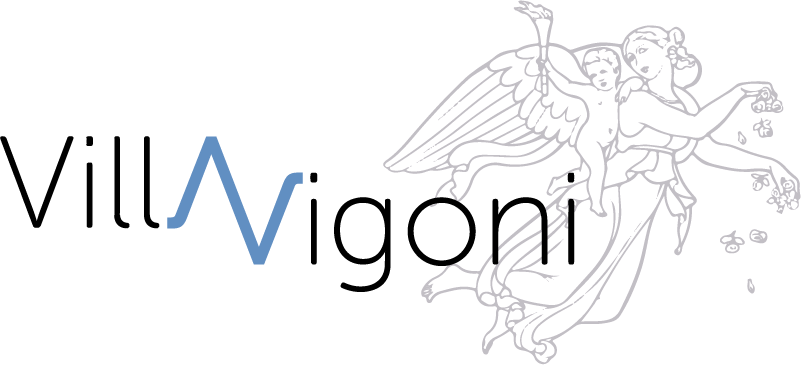


The Villa Vigoni premises at Lake Como under refurbishment, the 2022 edition of the Villa Vigoni Euroworkshop took place from 21 to 24 July at the College of Europe-campus in Warsaw-Natolin.
About 35 participants from eight nations, members of the European Parliament and the Bundestag, a former Italian finance minister, active and retired staff members of the European Commission, the European Council and the European Central Bank, and experts from private banks and scientific institutions shared their insights and enjoyed open and frank discussions.
Warsaw turned out to be an appropriate location for raising, if at all possible, the participants’ awareness of the time changing consequences of the Russian invasion of the Ukraine. One evening, they listened to Mr. Marek Menkiszak, an eminent Polish expert on Russia. He described the impact of the Ukraine crisis on Poland and the West and argued for firm responses. Nothing short of ‘Putin’s humiliation’ and eventual ‘regime change’ would eliminate the constant threat posed by Russia to the political order that emerged in Europe after the end of the Cold War. He also stressed the strong commonality of interests between the Russian and Chinese regimes.
On the first evening of the seminar, Prime Minister Mario Draghi offered a written message to the participants. Prof. Otmar Issing spoke in honour of the late Fabrizio Saccomanni. He described the tremendous challenges for the euro area and the European Central Bank which on the very day had increased interest rates for the first time in 10 years. Issing make rather clear that the just unveiled Transmission Protection Instrument, with potentially unlimited secondary market interventions not supported by an adjustment programme but only references to EU surveillance, places unprecedented responsibilities on the ECB, for which it arguably does not possess an adequate mandate in the current state of economic and political intervention.
Participants continued to exchange views on inflation, energy and other supply shortages and the appropriate responses during the first of three sessions of the workshop. In this context, they listened to a presentation by Prof. Juliane Kokott, Advocate General at the Court of Justice of the European Union, who described the potential and the limits of international law to allow the use of frozen Russian assets for the reconstruction of the Ukraine.
The second session was devoted to the state of implementation of the National Programmes for Resilience and Recovery as the most challenging parts of the Next Generation EU initiative. Focussing on Italy and Germany, participants were broadly satisfied with the progress made. Obviously, public debt will further increase and attention will increasingly focus on debt sustainability while enabling public investment and reforms. Participants discussed the possibility and nature of new fiscal rules able to strengthen governance in the euro area for debt sustainability and the avoidance of pressure on the ECB for monetary accommodation.
The third session dealt with two major challenges for the financial sector: digital money and the reporting of environmental, social and governance (ESG) investment. In contrast to a fundamental approach where a digital euro would replace banks as issuers of private money, the ECB and the Commission current plans are fairly modest as they envisage only a relatively small amount of digital euros as public money equivalent to cash. As to the rules governing the reporting of ESG investments, participants recognized their complexity and the heavy demand on banks and wondered about the possibility of some streamlining.
The next Euroworkshop will be held from 14 to 17 September, 2023, again at the Villa Vigoni.
01.08.2022